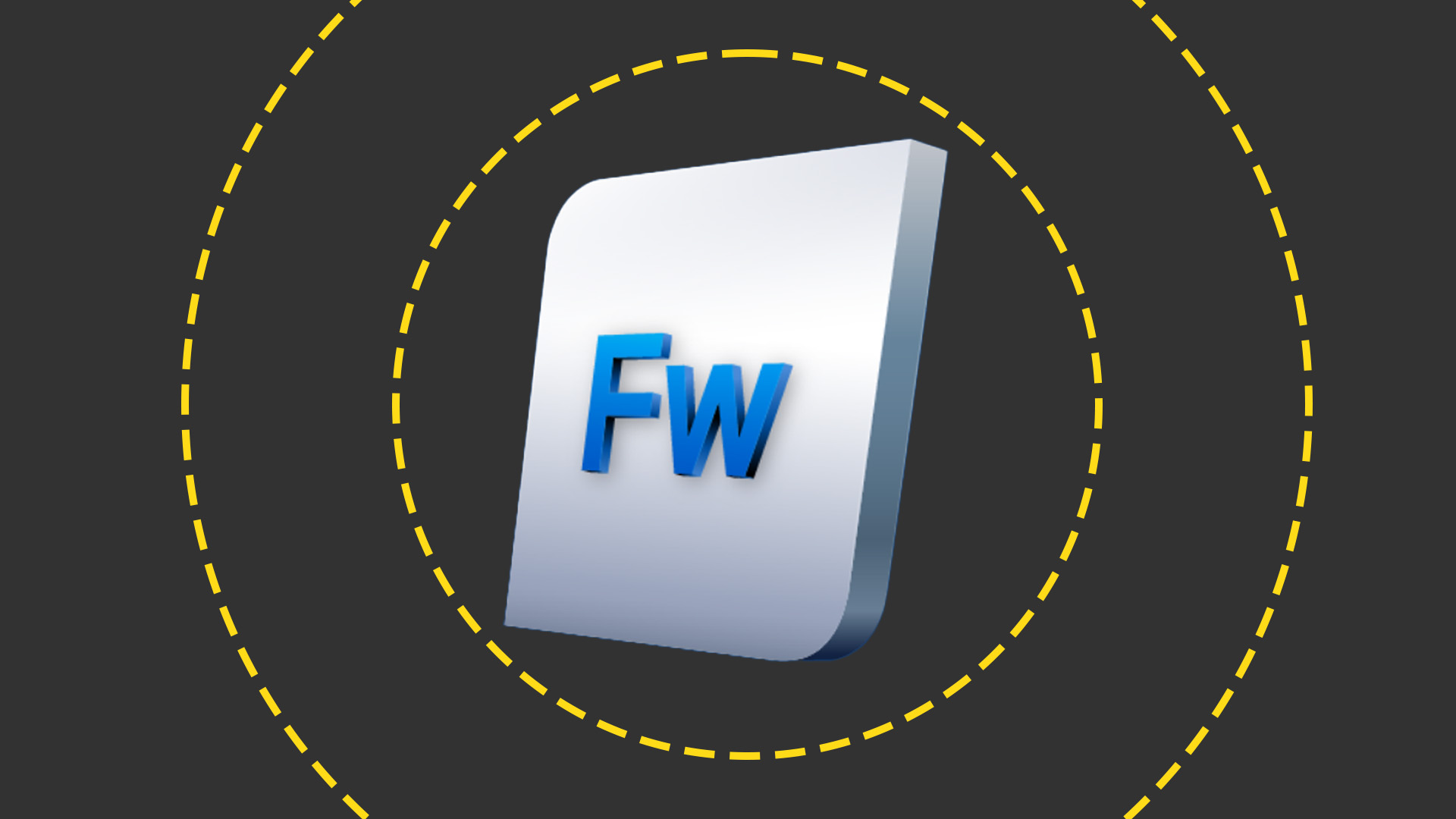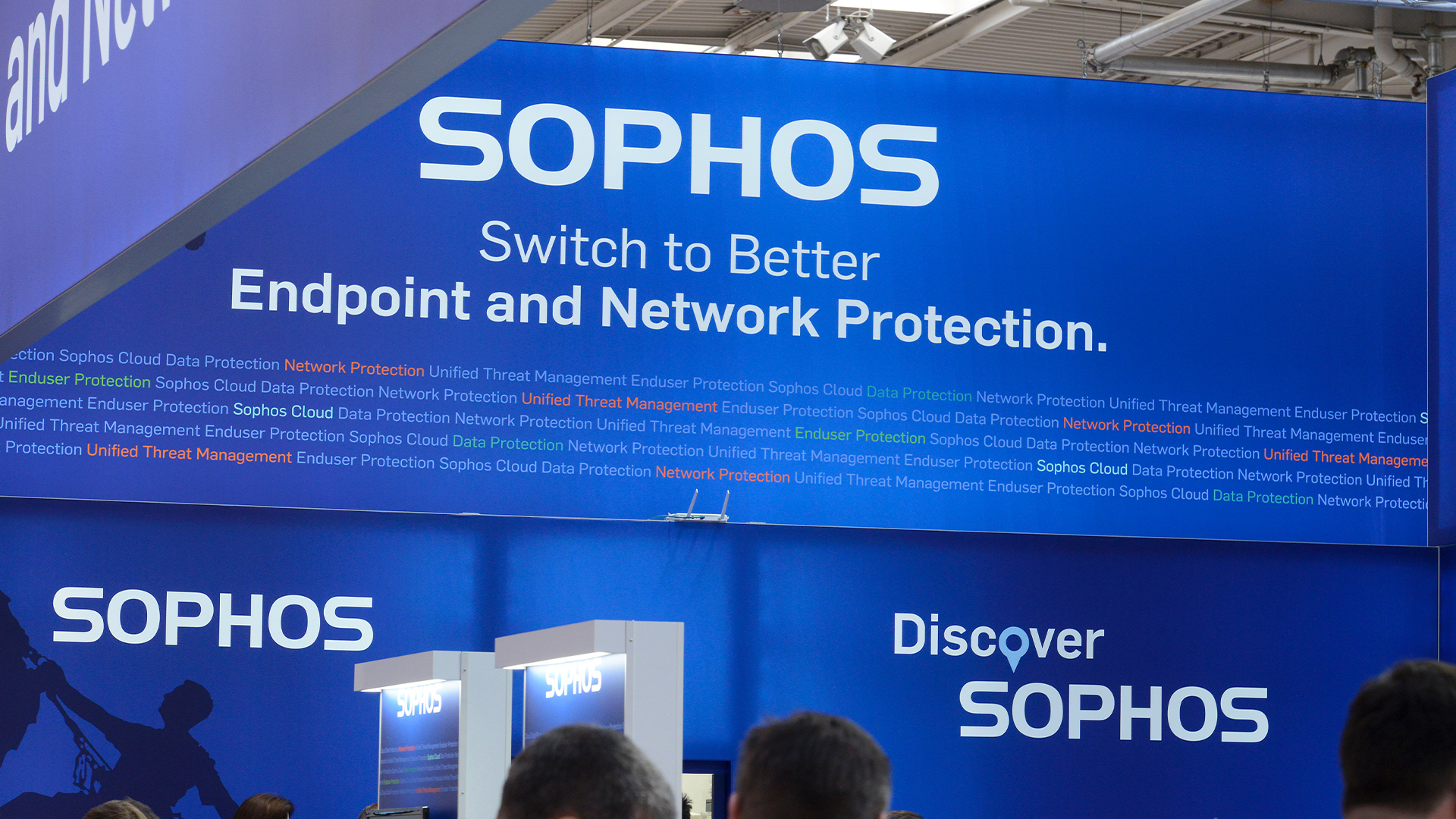Rogue anti-virus crooks hone sales skills
Cyber criminals seem to have improved their sales skills as fake anti-virus comparison services have been spotted.


Cyber criminals have tried to dupe users into downloading rogue anti-virus software using a fake comparision service.
A new Trojan has been spotted by Sunbelt Software, offering a range of fake security products, rather than just one as is typical with such attacks.
The Trojan opened a window with the heading "Microsoft Security Essentials Alert" and four buttons to choose from, all of which led to a website offering a comparison service between different products, noted Sunbelt Software researcher Tom Kelchner.
A selection of security products appeared on the list, with legitimate ones seemingly unable to identify malware supposedly infecting the user's computer.
Four of the products, all of which were fake, managed to find malicious files and also claim to be free.
The names of the fake products included Red Cross Antivirus, Peak Protection 2010, Major Defense Kit and Pest Detector 4.1.
"You know the drill. Although the installs are free' they pop up scary warnings that your machine is infected, but don't remove the threats until you pay," Kelchner said in a blog.
Sign up today and you will receive a free copy of our Future Focus 2025 report - the leading guidance on AI, cybersecurity and other IT challenges as per 700+ senior executives
The rogue products installed themselves on victims' computers as antispy.exe and tmp.exe files.
"The install reboots your computer, kills Windows Explorer (which is what displays your desktop) and leaves you with no icons on your desktop," Kelchner said
It is possible to launch Explorer and restore the icons by using Task Manager, he advised.
Rogue causing ruin
Fake anti-virus products are still a hit with hackers and Sophos issued a warning yesterday of a major attack.
The illicit initiative attempted to lure potential victims into downloading attached HTML files from a spam email.
If opened, the file would take users to a website using a malicious iFrame - a frame that allows different HTML documents to load on the same page.
This would then load scripts from other websites to help launch the fake anti-virus attack.
Tom Brewster is currently an associate editor at Forbes and an award-winning journalist who covers cyber security, surveillance, and privacy. Starting his career at ITPro as a staff writer and working up to a senior staff writer role, Tom has been covering the tech industry for more than ten years and is considered one of the leading journalists in his specialism.
He is a proud alum of the University of Sheffield where he secured an undergraduate degree in English Literature before undertaking a certification from General Assembly in web development.
-
 The modern workplace: Standardizing collaboration for the enterprise IT leader
The modern workplace: Standardizing collaboration for the enterprise IT leaderHow Barco ClickShare Hub is redefining the meeting room
-
 Interim CISA chief uploaded sensitive documents to a public version of ChatGPT
Interim CISA chief uploaded sensitive documents to a public version of ChatGPTNews The incident at CISA raises yet more concerns about the rise of ‘shadow AI’ and data protection risks
-
 Ransomware victims are getting better at haggling with hackers
Ransomware victims are getting better at haggling with hackersNews While nearly half of companies paid a ransom to get their data back last year, victims are taking an increasingly hard line with hackers to strike fair deals.
-
 96% of SMBs are missing critical cybersecurity skills – here's why
96% of SMBs are missing critical cybersecurity skills – here's whyNews The skills shortage hits SMBs worse as they often suffer from a lack of budget and resources
-
 Sophos Firewall Virtual review: Affordable network protection for those that like it virtualized
Sophos Firewall Virtual review: Affordable network protection for those that like it virtualizedReviews Extreme network security that's cheaper than a hardware appliance and just as easy to deploy
-
 MSPs are struggling with cyber security skills shortages
MSPs are struggling with cyber security skills shortagesNews A shortage of tools and difficulties keeping pace with solutions were also ranked as key issues for MSPs
-
 Nearly 70 software vendors sign up to CISA’s cyber resilience program
Nearly 70 software vendors sign up to CISA’s cyber resilience programNews Major software manufacturers pledge to a voluntary framework aimed at boosting cyber resilience of customers across the US
-
 Sophos and Tenable team up to launch new managed risk service
Sophos and Tenable team up to launch new managed risk serviceNews The new fully managed service aims to help organizations manage and protect external attack surfaces
-
 Ransomware groups are using media coverage to coerce victims into paying
Ransomware groups are using media coverage to coerce victims into payingNews Threat actors are starting to see the benefits of a more sophisticated media strategy for extracting ransoms
-
 Shrinking cyber attack “dwell times” highlight growing war of attrition with threat actors
Shrinking cyber attack “dwell times” highlight growing war of attrition with threat actorsNews While teams are becoming more proficient at detecting threats, attackers are augmenting their strategies
